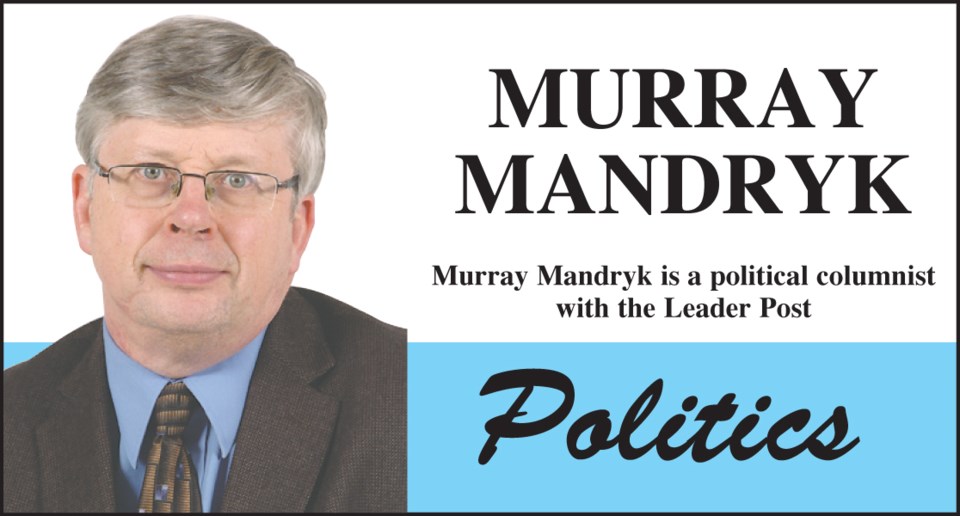By the time you read this, Saskatchewan could have a prime minister from his province and a new Conservative government.
However, what the polls seem to suggest is this federal election campaign that’s been as close as it has been nasty is more likely to produce a minority government.
There’s been lots of talk this campaign on what divides us. The anger has been palpable and one can’t image how this is a good thing for an ever-divided country that struggles with its differences at the best of times.
It even makes one wonder why the candidates, themselves, are so eager to participate in such a messy affair — especially those candidates who really don’t really have a hope of winning.
Well, it’s actually rather interesting to get the perspective of candidates running for the so-called fringe parties. These are the candidates who don’t enjoy the luxury of campaign teams. They have to pay expenses out of their own pockets because they don’t have donors. And they often must take time off from their work and forego income without any real prospects of a seat in the House of Commons or some cushy government appointment down the road.
They are motivated by their own beliefs and are beliefs that aren’t always easy to sell to other voters.
Yet, there they’ve been out on the road for the last six weeks — or even longer, in most cases — making their pitch to a usually polite but often unreceptive electorate.
It all begs the question: Why do they do it?
“If I wasn’t running, I wouldn’t have anyone to vote for,” said, People’s Party of Canada (PPC) candidate Tracey Sparrowhawk, who is running in Regina-Qu’Appelle where she is taking on the unenviable and seemingly hopeless task of unseating Conservative leader Andrew Scheer.
In fact, not so long ago, Sparrowhawk was a Conservative and strong supporter of Scheer’s 2017 bid to become CPC leader. A strong pro-life supporter like Scheer, she was attracted to what he was saying on the abortion issue and how his leadership would provide opportunities for changes.
However, in last two years, the Regina audiologist and mother of four found Scheer’s leadership to be a disappointment on not only the abortion issues but other issues like the right of free speech not inhibited by political correctness or taking on what she calls the climate change hysteria.
So Sparrowhawk is now campaigning as much as her audiologist job permits and knocking on as many doors as she can.
She believes she represents a silence majority and has been surprised at who has been receptive to the PPC message.
For example, while the majority are concerned about unfettered immigration, Sparrowhawk is surprised how well it resonates in the First Nations community in particular.
That said, she has also run headlong into the political concerns.
“Oh gosh. ‘We don’t want to split the vote.’ ‘Maxime is a sore loser.’ I’ve heard it all,” she said.
However, Sparrowhawk’s challenge is probably not even as tough as the challenges faced by Regina-Qu’Appelle Green candidate Dale Dewar, selling her party’s message in a seat where there’s not much enthusiasm for hearing about climate change and the costs needed to address it.
But the retired rural physician said it’s easier to relate to votes than people realize.
“I try to pick something from my own life and experiences that might match their lives,” Dewar said.
And she says she can agree on most of the points the Agricultural Producers of Saskatchewan (APAS) have identified as their key federal election issues.
Such candidates have taken on the challenge of running because of their strong beliefs.
In doing so, they may be showing why we have these noisy and often nasty campaigns.
Murray Mandryk has been covering provincial politics for over 22 years.




